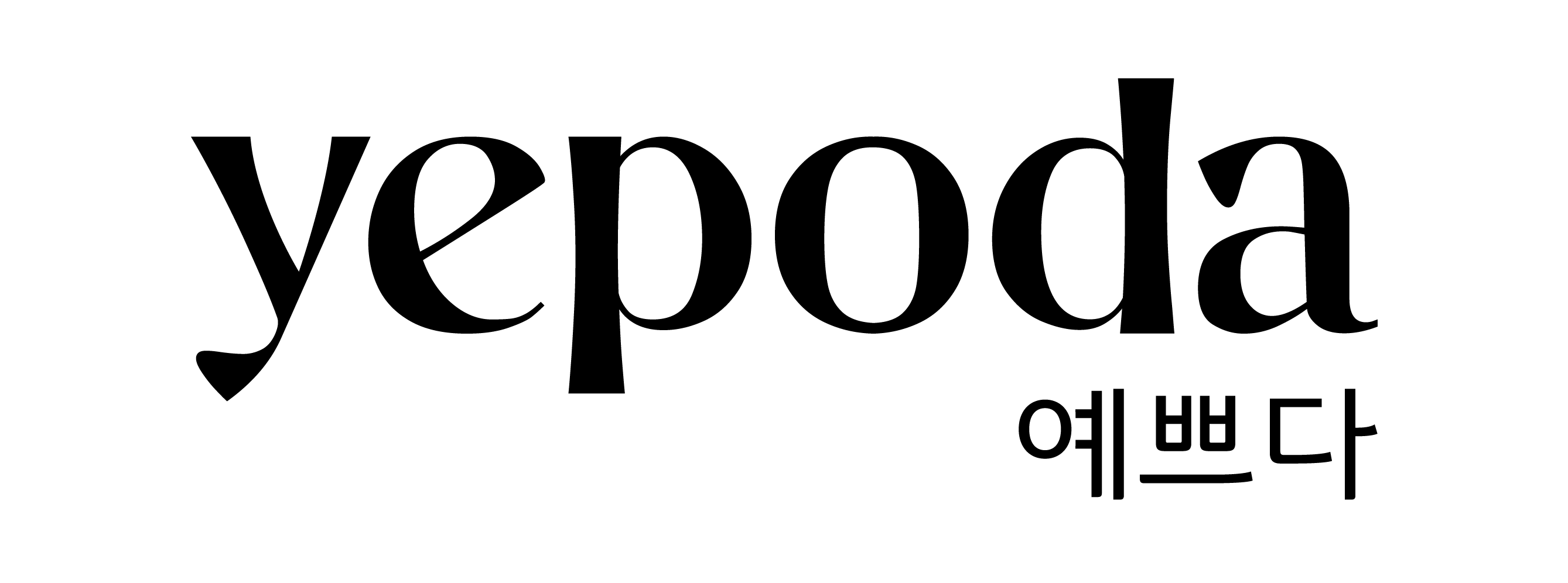

Yepoda GmbH

1.6
Berlin, Germany
September 2025
Personal care products
Wholesale/Retail
France,
Germany,
Italy,
Poland,
Spain,
United Kingdom,
United States
Yepoda is a K-Beauty brand that combines Korean effectiveness with sustainable solutions. With "Clean K-Beauty Innovations"Yepoda’s mission is to bring customers the best natural and active ingredients in clean, innovative formulations, without ever compromising on quality or sustainability. Beauty should never come at the expense of the Earth – that’s why every Yepoda product is created with the planet in mind. From day one, sustainability has been at the core of their operations. As a Certified B Corp, Yepoda is dedicated to building a business with purpose, creating meaningful environmental and social impact across all aspects of its operations. Sustainability touches every part of its work, from ingredient sourcing to eco-friendly packaging. Choosing Yepoda means customers are not only enhancing their skincare routine – they’re supporting a brand that focuses on the planet, helping drive positive change for both skin and the environment. Yepoda hopes to lead by example, encouraging other brands to embrace sustainable efforts so the beauty industry can thrive responsibly together.
Overall B Impact Score
Governance 14.4
Governance evaluates a company's overall mission, engagement around its social/environmental impact, ethics, and transparency. This section also evaluates the ability of a company to protect their mission and formally consider stakeholders in decision making through their corporate structure (e.g. benefit corporation) or corporate governing documents.
What is this? A company with an Impact Business Model is intentionally designed to create a specific positive outcome for one of its stakeholders - such as workers, community, environment, or customers.
Workers 27.4
Workers evaluates a company’s contributions to its employees’ financial security, health & safety, wellness, career development, and engagement & satisfaction. In addition, this section recognizes business models designed to benefit workers, such as companies that are at least 40% owned by non-executive employees and those that have workforce development programs to support individuals with barriers to employment.
Community 21.5
Community evaluates a company’s engagement with and impact on the communities in which it operates, hires from, and sources from. Topics include diversity, equity & inclusion, economic impact, civic engagement, charitable giving, and supply chain management. In addition, this section recognizes business models that are designed to address specific community-oriented problems, such as poverty alleviation through fair trade sourcing or distribution via microenterprises, producer cooperative models, locally focused economic development, and formal charitable giving commitments.
Environment 20.3
Environment evaluates a company’s overall environmental management practices as well as its impact on the air, climate, water, land, and biodiversity. This includes the direct impact of a company’s operations and, when applicable its supply chain and distribution channels. This section also recognizes companies with environmentally innovative production processes and those that sell products or services that have a positive environmental impact. Some examples might include products and services that create renewable energy, reduce consumption or waste, conserve land or wildlife, provide less toxic alternatives to the market, or educate people about environmental problems.
Customers 4.1
Customers evaluates a company’s stewardship of its customers through the quality of its products and services, ethical marketing, data privacy and security, and feedback channels. In addition, this section recognizes products or services that are designed to address a particular social problem for or through its customers, such as health or educational products, arts & media products, serving underserved customers/clients, and services that improve the social impact of other businesses or organizations.